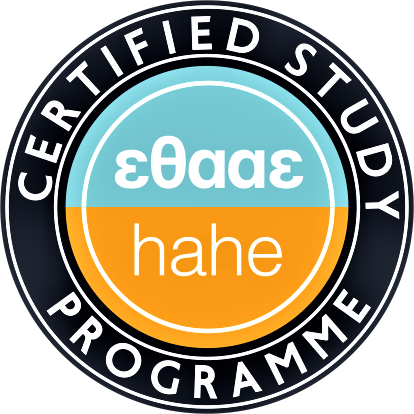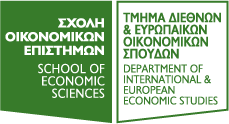Political Economy of the EU
TYPE OF COURSE: Compulsory for the specialization “International and European Political Economy”
Number of credits allocated: 6 ECTS Credits
Objective of the course (expected learning outcomes and competences to be acquired)
The course examines a wide range of topics related to economic integration and governance in the European Union. Special emphasis is given to the Eurozone economic crisis, and the policy dilemmas it has presented to both the Union and its member states. A strong policy orientation is combined with a political economy perspective. Students will be able to understand the EU and the Eurozone in a more holistic manner, appreciate the complexity and the dynamic interconnectedness between economics and politics, policies and institutions, at cross-national and European level.
Prerequisites: None, but completion of course on European integration is advised.
Course contents
- What has the EU learned from the global financial crisis?
- The nature of the Eurozone crisis
- How has the Eurozone fared in dealing with the crisis?
- How can we evaluate national adjustment programs?
- EMU and Fiscal Union
- EMU and Banking Union
- The Legacy of Austerity
- EMU and Social Dimension
- Can the social dimension of EMU be strengthened? What are the political bargains for getting there
- The External Dimension of the Eurozone Crisis
- Is the Eurozone crisis widening the rift between EMU and non-EMU member states?
- Winners and Losers
- Are intra-country divisions becoming more important than inter-country divisions?
- Who are the losers from integration? Are they different from those from globalization?
- Europe and the Rise of Populism and Illiberalism
- Should the EU become more politicized, or not?
- Is the crisis awakening European nationalisms? Are they presenting Europe with a threat of disintegration?
- The path towards a Genuine Economic and Monetary Union
Recommended readings
- L. Tsoukalis, In Defense of Europe: Can the European Project be saved?, Oxford University Press, 2016.
- EU 5 PRESIDENTS Report (J.C. JUNCKER, D. TUSK, J. DIJSSELBLOEM, M. DRAGHI, M. SCHULZ) Completing Europe’s Economic and Monetary Union, European Commission, 2015.
- BALDWIN R. and F. GIAVAZZI (eds) The Eurozone Crisis: A Consensus View of the Causes and a Few Possible Remedies, A VoxEU.org eBook, CEPR Press, 2015.
Teaching methods:Lectures.
Assessment methods: Final written exam (100%). Active participation in class will also be taken into account.
Language of instruction: Greek, but all the course material, texts and documents uploaded on e-class and the power point presentation are in English.





